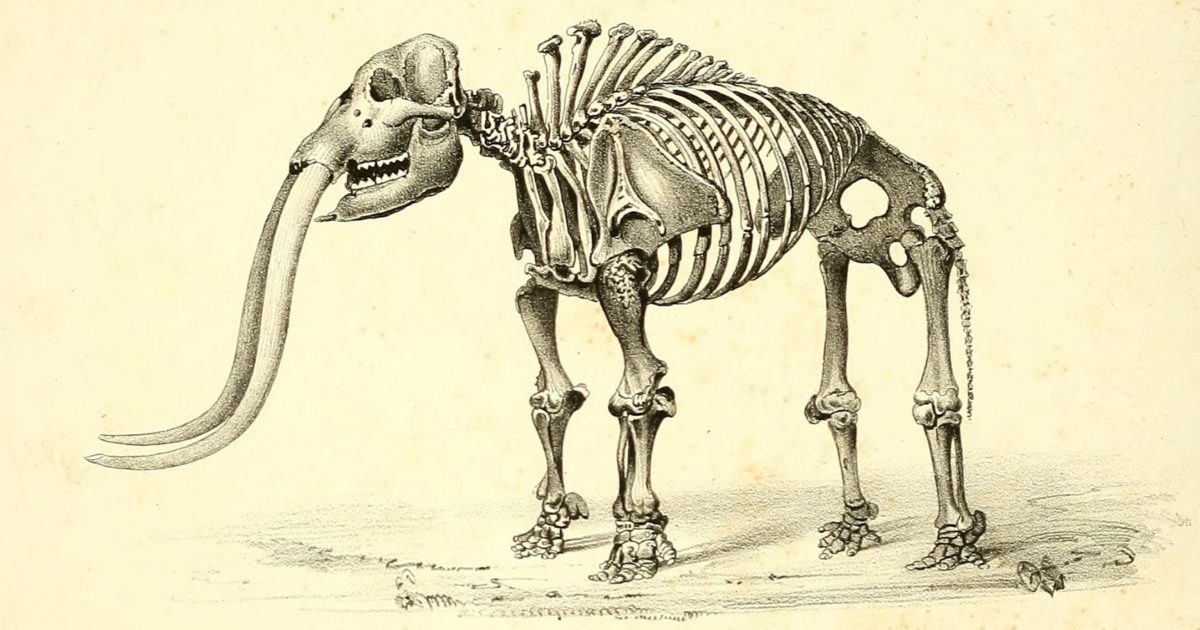Recent searches
Search options
Social spiders, DNA methylation, and infection; new pre-print from my project with Jesper Bechsgaard and Trine Bilde at Aarhus now out: https://www.biorxiv.org/content/10.1101/2024.05.21.595160v1 we look at methylation in CpG, CHG, and CHH contexts of the social spider Stegodyphus dumicola in nests that are healthy and the same colonies when they are dying of infection.
bioRxiv · Exploring changes in social spider DNA methylation profiles when succumbing to infection in CpG, CHG, and CHH contextsLiving at high density and with low genetic diversity are factors that should both increase the susceptibility of organisms to disease. Therefore, group living organisms, especially those that are inbred, should be especially vulnerable to infection and therefore have particular strategies to cope with infection. Phenotypic plasticity, underpinned by epigenetic changes, could allow group living organisms to rapidly respond to infection challenges. To explore the potential role of epigenetic modifications in the immune response to a group-living species with low genetic diversity, we compared the genome-wide DNA methylation profiles of five colonies of social spiders (Stegodyphus dumicola) in their natural habitat in Namibia at the point just before they succumbed to infection to a point at least six months previously where they were presumably healthier. We found increases in genome- and chromosome-wide methylation levels in the CpG, CHG, and CHH contexts, although the genome-wide changes were not clearly different from zero. These changes were most prominent in the CHG context, especially at a narrow region of chromosome 13, hinting at an as-of-yet unsuspected role of this DNA methylation context in phenotypic plasticity. However, there were few clear patterns of differential methylation at the base level, and genes with a known immune function in spiders had mean methylation changes close to zero. Our results suggest that DNA methylation may change with infection at large genomic scales, but that this type of epigenetic change is not necessarily integral to the immune response of social spiders.
### Competing Interest Statement
The authors have declared no competing interest.
We found limited specific changes in response to being infected, but possibly some genome-wide increases, especially in the CHG context. There is also something interesting happening at chromosome 13 but we aren't sure what yet.

